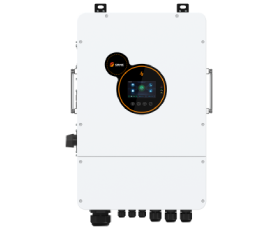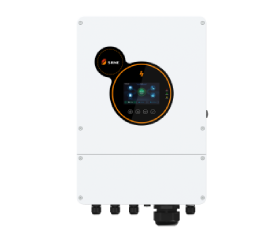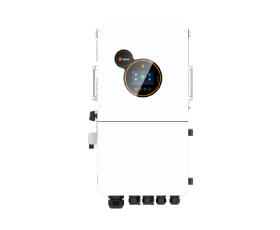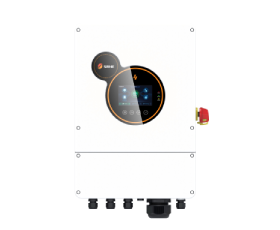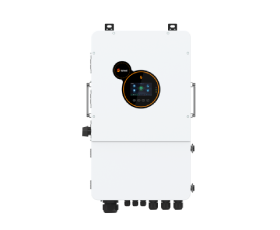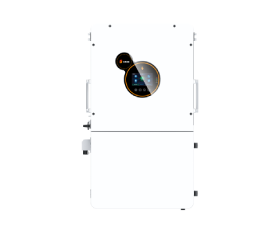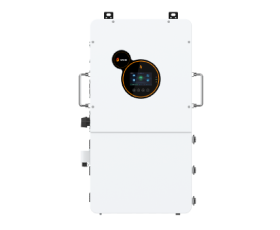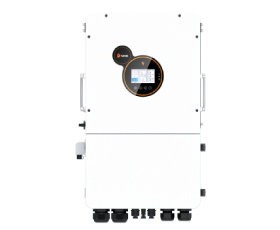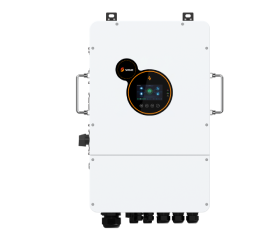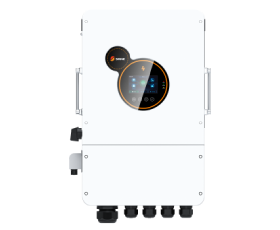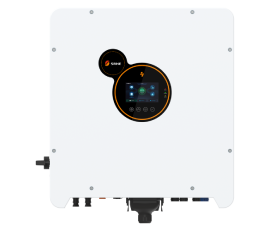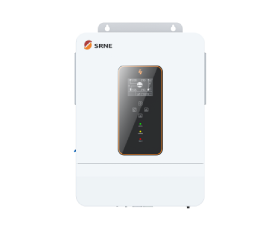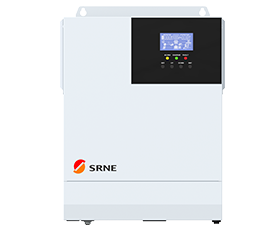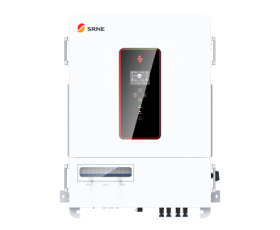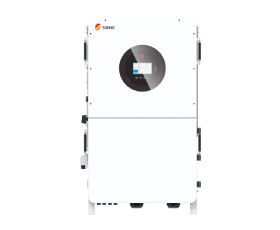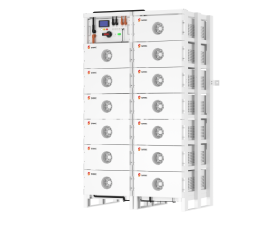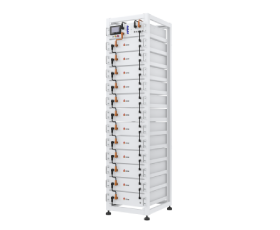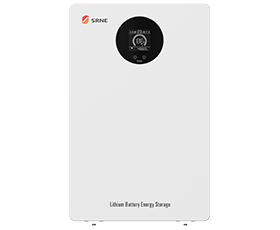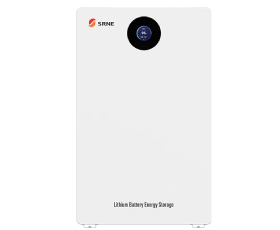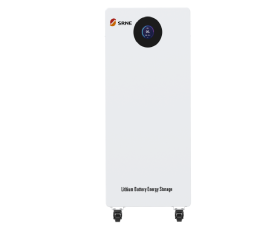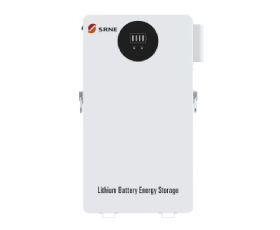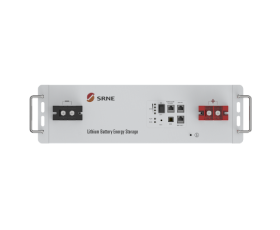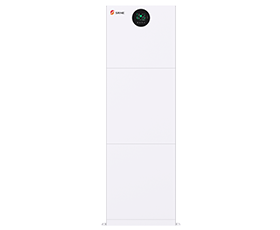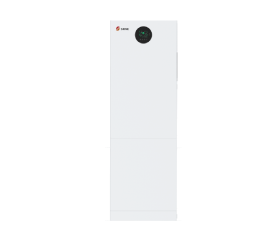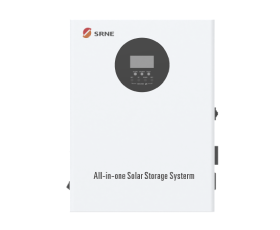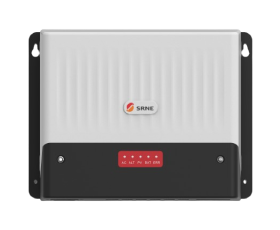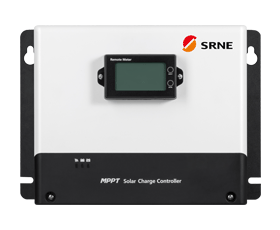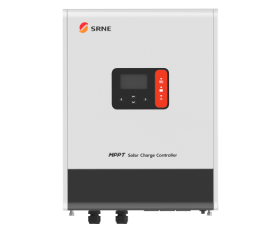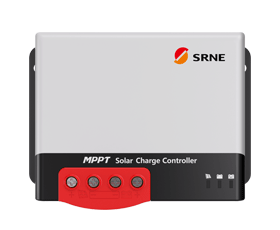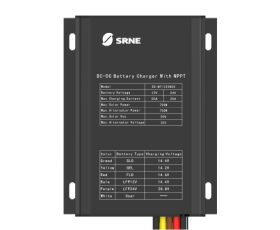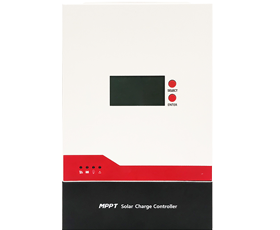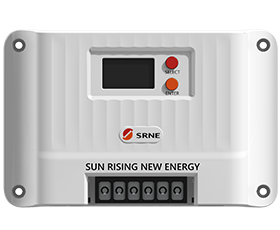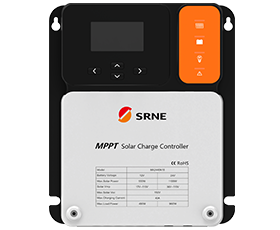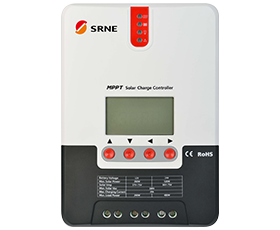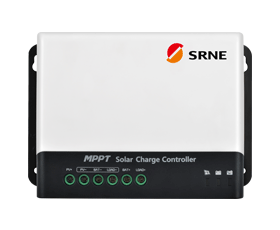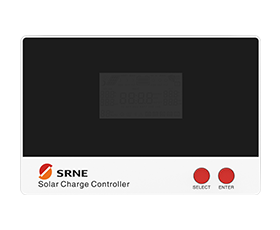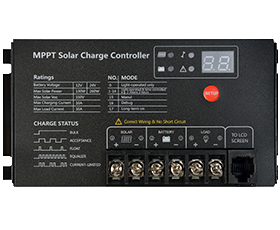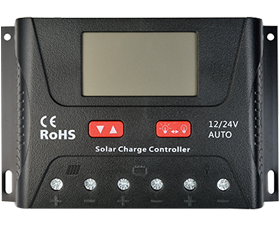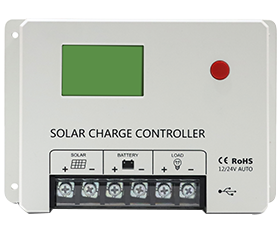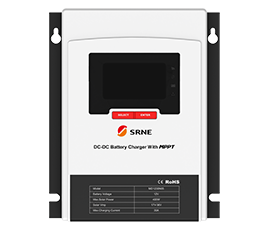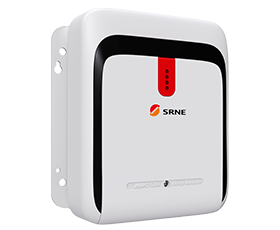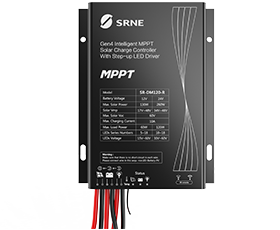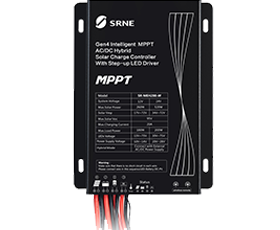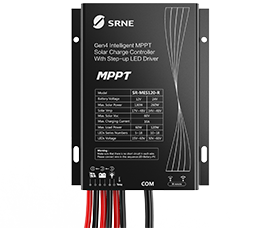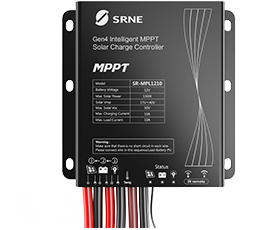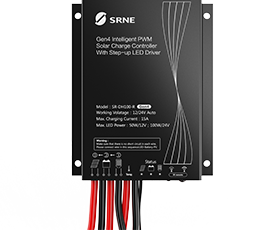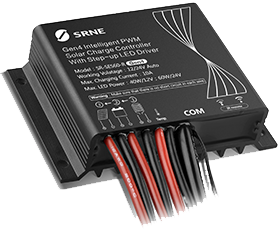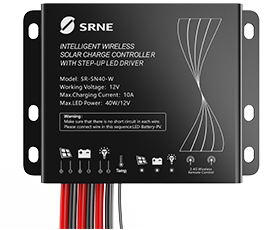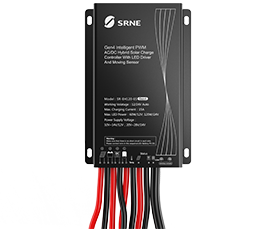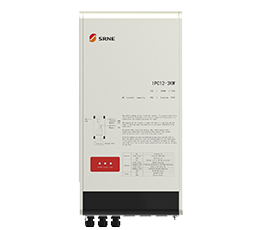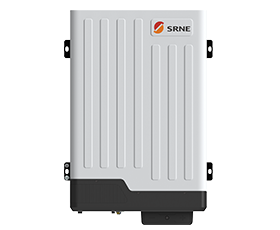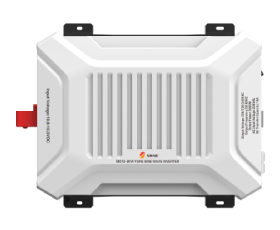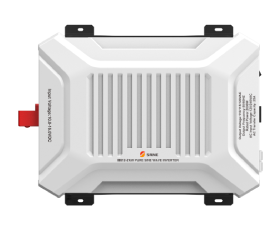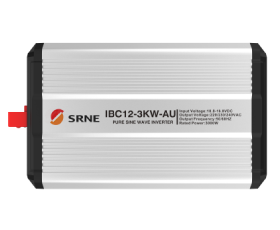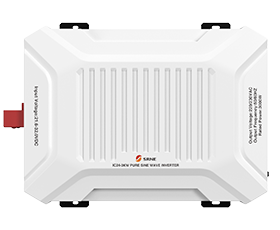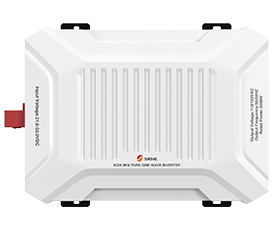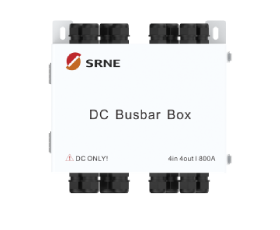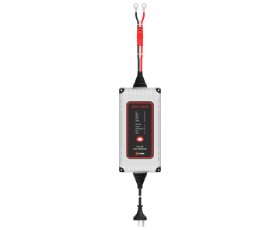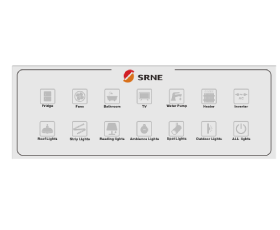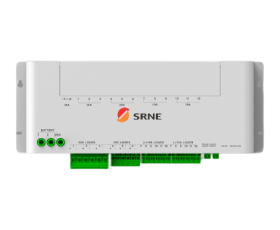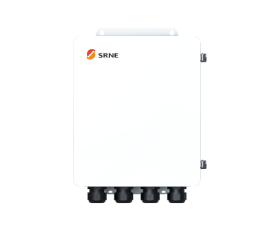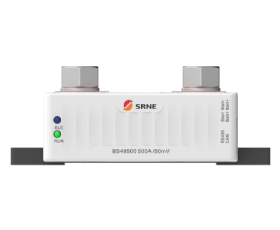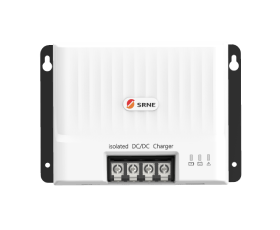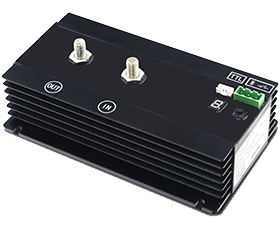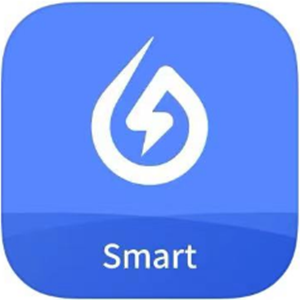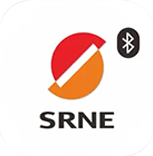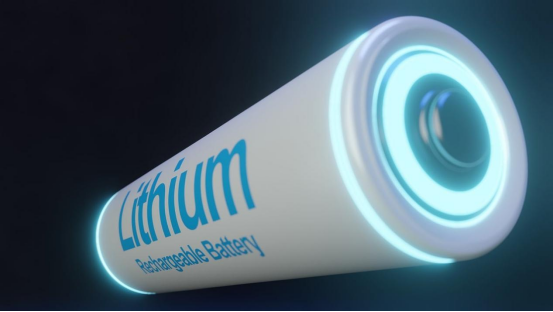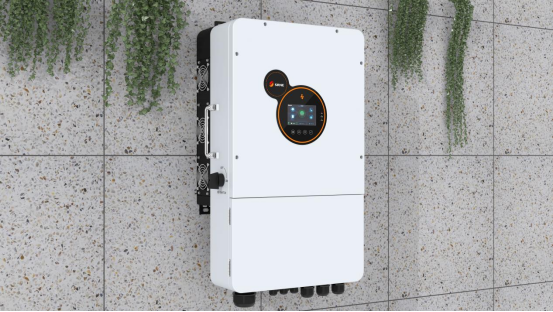Battery Choices for Home Power Inverters: What Professionals Recommend
Choosing the right battery is essential for maximizing the performance and lifespan of your home power inverter system. With so many battery options available, professionals emphasize selecting the type that best suits your specific inverter—whether it's an off-grid inverter, hybrid inverter, or a specialized SRNE solar inverter. This guide will explore the different battery types, their pros and cons, compatibility, and essential maintenance tips.
Overview of Battery Types for Home Power Inverters
Batteries are the backbone of any residential energy storage system, providing backup power when needed. The most common battery types for home power inverters are lead-acid and lithium-ion. Understanding the benefits and limitations of each will help you make an informed decision based on your power needs.
Lead-Acid Batteries
Lead-acid batteries are the most traditional choice for off-grid inverters due to their cost-effectiveness and proven reliability.
Pros:
o Low cost and widely available.
o Reliable for long-term off-grid use.
Cons:
o Low energy density, requiring more space.
o Requires regular maintenance, such as checking electrolyte levels.
o Shorter lifespan compared to newer technologies.
Ideal Use: Lead-acid batteries are suitable for those with limited budgets or off-grid setups that prioritize reliability over energy density.
Maintenance Tips: Regularly check electrolyte levels and avoid deep discharges to extend battery life.
Lithium-Ion Batteries
Lithium-ion batteries are the modern standard for hybrid inverters and residential energy storage systems, known for their superior performance and low maintenance needs.
Pros:
o High energy density and compact design.
o Longer lifespan and lower maintenance.
o Higher efficiency in storing and delivering energy.
Cons:
o Higher upfront cost.
o Sensitive to extreme temperatures, which may affect performance.
Ideal Use: These batteries are ideal for hybrid inverter systems, particularly for users with higher energy demands or limited installation space.
Maintenance Tips: Monitor charge cycles and avoid exposure to extreme temperatures for optimal performance.
Other Battery Options
Other options, such as Nickel-Cadmium and Flow Batteries, are gaining attention in specialized use cases, though they are not as common for home power inverters.
Pros: Some newer technologies offer longer lifespans and improved environmental sustainability.
Cons: Higher costs and limited availability.
Compatibility with Different Inverter Types
Not all batteries work equally well with every type of home power inverter. Ensuring compatibility between your inverter and battery is critical for a successful energy storage system.
Off-Grid Inverter Systems
For off-grid inverter systems, lead-acid batteries are often the go-to choice due to their affordability and long-established use. However, lithium-ion batteries are also increasingly being used for off-grid setups because of their efficiency and lower maintenance requirements.SRNE solar inverters provide flexibility in off-grid systems, allowing seamless integration with either lead-acid or lithium-ion batteries.
Hybrid Inverter Systems
Hybrid inverters are designed to combine multiple energy sources, such as solar panels and the grid. In these systems, lithium-ion batteries are the most compatible choice due to their efficiency, lifespan, and ease of integration with renewable energy sources like solar.The SRNE hybrid inverter is an excellent example of a system that can optimize the use of lithium-ion batteries, maximizing both energy storage and inverter performance.
Factors to Consider When Choosing a Battery
When selecting a battery for your residential energy storage system, there are several key factors to consider:
Capacity and Power Output: Ensure the battery has enough capacity to meet your household's power requirements.
Lifespan and Durability: Evaluate the number of charge cycles the battery can handle. Lithium-ion batteries typically offer longer lifespans.
Efficiency: Consider how efficiently the battery stores and discharges energy, as this affects overall performance.
Inverters are also very important in the energy system, and if you want to know how to choose the right inverter, you can also read our guide.
Battery Maintenance and Longevity Tips
Proper maintenance can significantly extend the lifespan of your battery, whether it's lead-acid or lithium-ion.
Lead-Acid Maintenance: Check the electrolyte levels and perform regular balancing to prevent deep discharges.
Lithium-Ion Maintenance: Keep the battery within the optimal temperature range and monitor its charge cycles to ensure it lasts as long as possible.
Regular checks and adhering to the manufacturer's recommendations will help you get the most out of your home power inverter system.
The Future of Energy Storage: Trends and Innovations
Battery technology is evolving rapidly, with new innovations aimed at increasing efficiency and reducing costs. Lithium-ion technology continues to improve, while alternatives like flow batteries are gaining traction for specific use cases.SRNE solar inverters are at the forefront of this innovation, offering systems that can seamlessly integrate with these advanced battery technologies, whether you’re building a hybrid or off-grid solution.
Conclusion
Choosing the right battery for your home power inverter is critical to ensuring long-term reliability and efficiency. Lead-acid batteries are ideal for off-grid systems, offering cost-effectiveness and reliability, while lithium-ion batteries are the preferred choice for hybrid inverters due to their high efficiency and long lifespan.By understanding the strengths and weaknesses of each battery type and ensuring compatibility with your inverter—especially with options like SRNE solar inverters—you can build a residential energy storage system that meets your unique needs.



















